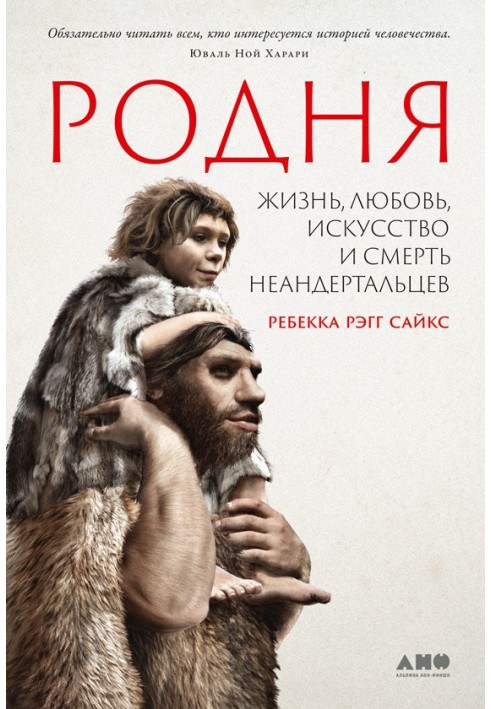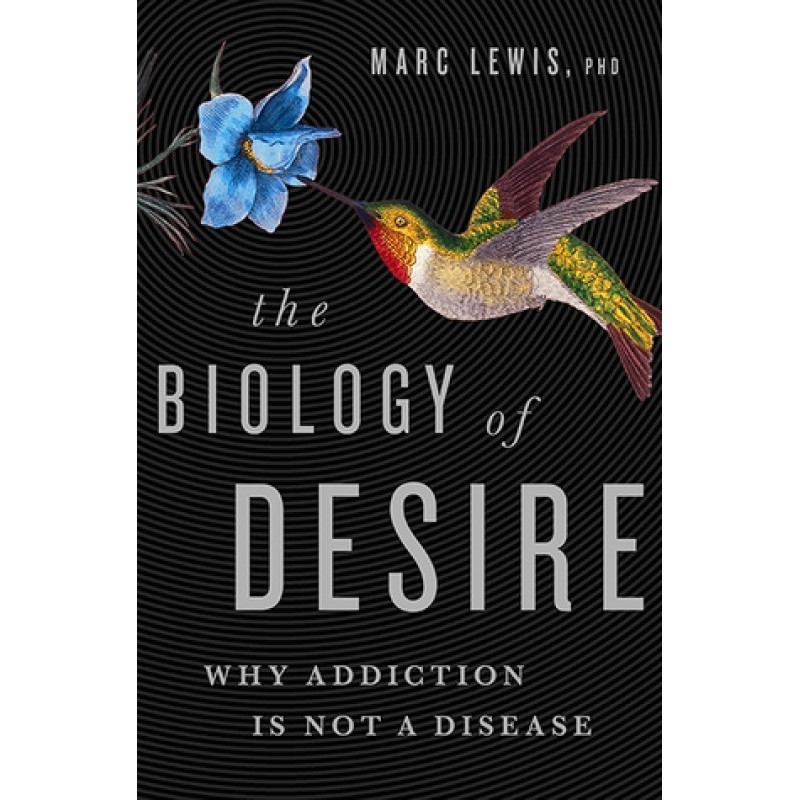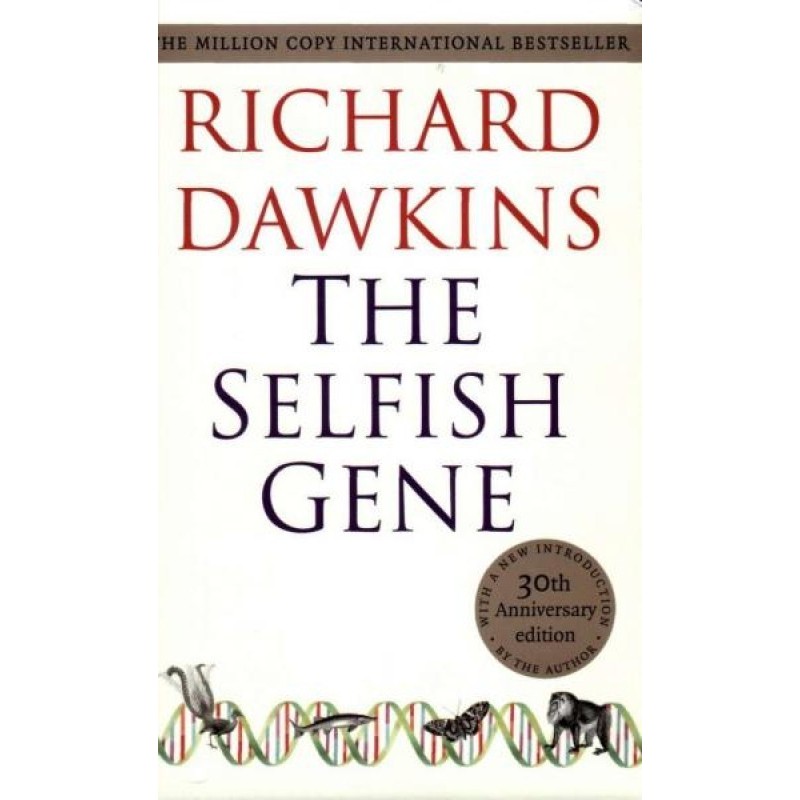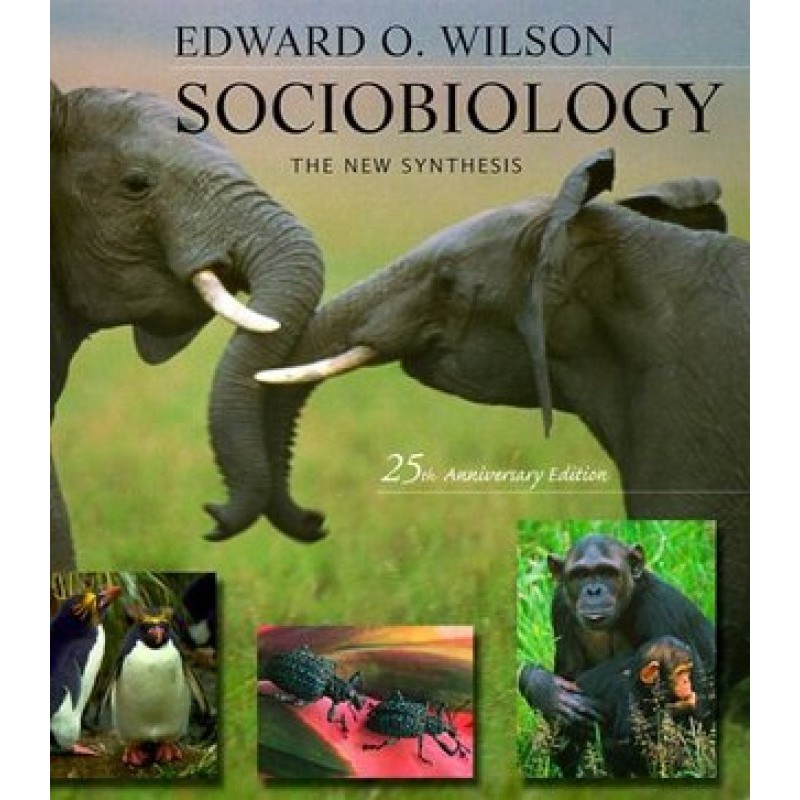Relatives. Life, love, art and death of the Neanderthals
 Instant download
Instant download
after payment (24/7)
 Wide range of formats
Wide range of formats
(for all gadgets)
 Full book
Full book
(including for Apple and Android)
Rebecca Wragg Sykes, a British scientist with extensive experience in the field of Paleolithic archaeology, shows Neanderthals in a new light, discarding stereotypical images of rag-clad savages striding across an icy desert. They appear to us as inquisitive experts on their world, inventive and easily adaptable to their surroundings. “The five nimble fingers that turn these pages have squeezed, grabbed and scraped for 300 million years. You may be listening to the music or audio recording of this book right now; the ingenious three-bone structure of the ear made it possible to capture loving sighs and cries of horror at a time when we were fleeing from fossil lizards. The brain that processes this sentence grew to its current size almost 500,000 years ago - and Neanderthals managed to take advantage of it.” Neanderthals lived not only in the tundra and steppes, but also in dense forests and near the Mediterranean Sea. They have successfully survived major climate disruptions for more than 300,000 years. Although our species has never faced such serious threats, we are convinced of our exceptionalism. However, we have a lot of Neanderthal DNA in us, and much of what defines us was inherent in them: planning, cooperation, altruism, skill, a sense of beauty, imagination, and perhaps even the desire to conquer death. Only by understanding Neanderthals can we truly understand ourselves.”In 2015, a perfume called Neandertal was released. The creator claimed that it contained the “aroma of flint striking” - the smell that appears when making stone tools. It is worth noting that this is not just a publicity stunt: when flint is cracked, a special smell actually arises. It is often compared to the smell of gun smoke, which is how astronauts described the smell of lunar dust.” “The most radical conclusion came from the realization that their essence was preserved at the cellular level, flowing through our veins, rippling in the wind in our hair. . Their genes influence who we become. And yet, so far, we have selected genetic material from just 40 Neanderthals, in which only three genomes were read with high coverage, out of thousands of skeletal fragments from hundreds of individuals available in museums. The next decade will open the still barely open door to their complex history and biology.”
For specialists (there is information based on the analysis of data obtained using the latest research methods), as well as for everyone interested in biology and archeology , anthropology (an encyclopedic description of the Neanderthals and their world helps to understand the history of mankind as a whole).
Data sheet
- Name of the Author
- Ребекка Рэгг Сайкс
- Language
- Russian
- Translator
- Ольга А. Корчевская
Reviews
Відкриття неандертальців: новий погляд на наше минуле
Книга Ребеки Регг Сайкс "Родня. Життя, кохання, мистецтво та смерть неандертальців" є вражаючим дослідженням, яке змінює наше уявлення про неандертальців. Автор, спираючись на свій величезний досвід у археології, розкриває перед читачами образ неандертальців як розумних і винахідливих істот, які не лише виживали, а й процвітали у складних умовах свого часу. Книга сповнена наукових відкриттів, які показують, як багато з того, що ми вважаємо виключно людським, насправді було властиве і нашим предкам. Сайкс майстерно поєднує наукові факти з емоційними історіями, що робить читання не лише пізнавальним, а й надзвичайно захопливим. Вона спонукає нас задуматися про нашу власну ідентичність і зв'язок з минулим. Це не просто наукова праця, а справжня подорож у часі, яка залишає глибокий слід у свідомості читача. Рекомендую цю книгу всім, хто цікавиться історією людства, антропологією та просто хоче дізнатися більше про наше місце у світі













